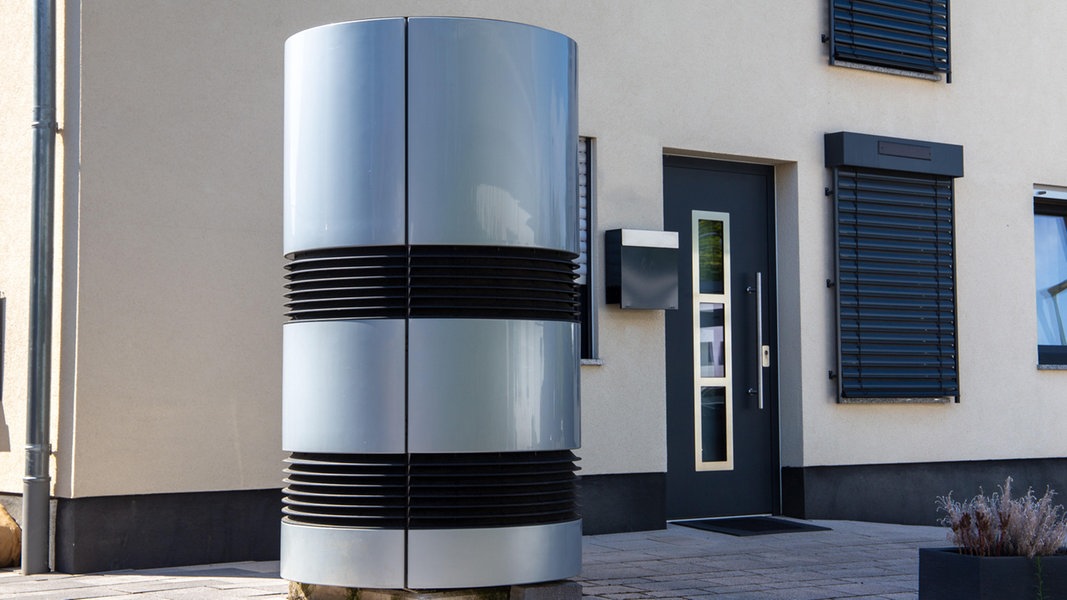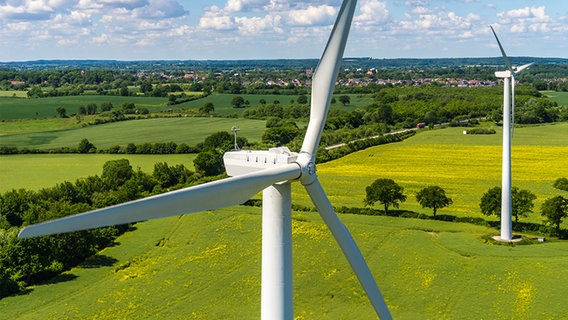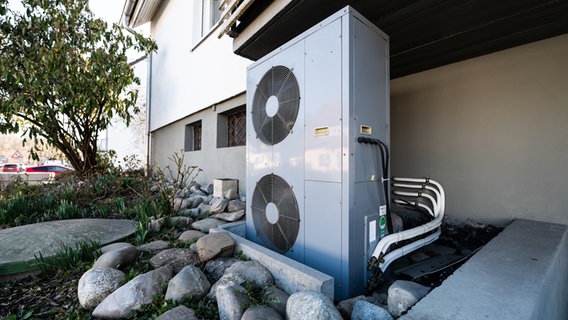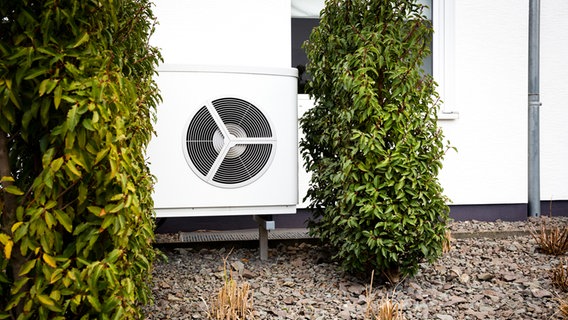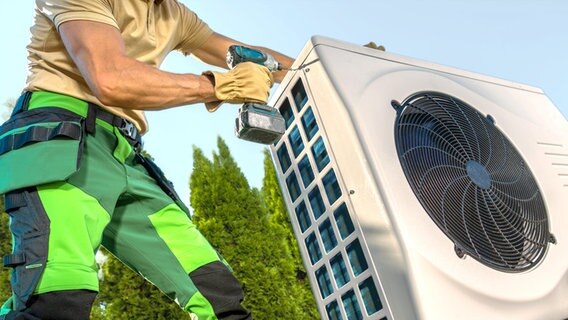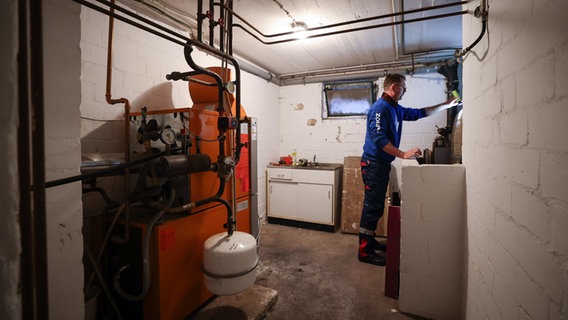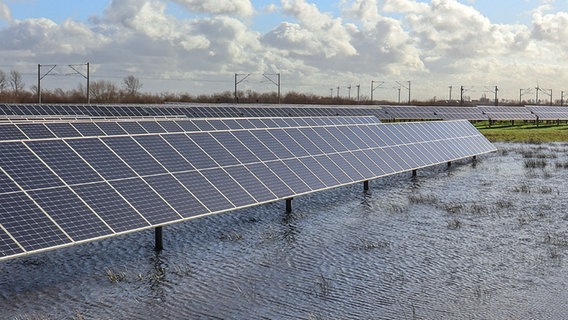Status: 08.06.2023 06:00 a.m
The discussion about the new heating law is in full swing – and the demand for alternative heat sources such as heat pumps is booming. At the same time, there are big price jumps and long delivery times.
Martin Hennig from Cloppenburg in Lower Saxony owns a single-family home. He was already interested in installing a heat pump last summer, as his house has the best prerequisites with underfloor heating and a solar system on the roof. An initial cost estimate was just under 18,500 euros. After deducting the state subsidy, the 57-year-old was willing to bear the additional costs of around 4,000 euros compared to a new gas heating system.
But when the project was due to begin earlier this year, the homeowner was shocked by a new estimate. “When the offer was in the mailbox and I opened the letter, I had to sit down first: 30,000 euros,” said Henning.
“Price increases for manufacturers and craftsmen”
This is not an isolated case, as confirmed by Dirk Brise, Managing Director of the market research company trend.research. He has been observing the heat pump market for many years. “There is more demand than supply. This leads to quite extreme price increases for heat pumps – not only on the manufacturer side, but also on the craftsman side,” says Brise.
But interrupted supply chains during and after the corona pandemic would also have driven up prices. This is confirmed by Sebastian Albert, Head of Product and Service Management at the heating and heat pump manufacturer Vaillant. “The war in Ukraine, accompanied by increased energy prices and more expensive raw materials, is leading to higher prices on our side – on the manufacturer side.”
Further information
Do subsidy programs drive up prices?
He cannot assess the price developments in installation and wholesale: “What the end customer receives is a bundle of services from different levels,” explained Albert. However, there were no short-term price increases due to increased demand. Rather, there is a long-term price commitment to retailers, according to Albert.
Market researcher Briese sees other factors that have led to price increases: “What also drives up prices are the subsidy programs. If there are subsidy programs, the buyers are perhaps not quite as price-sensitive because they receive some funding. The providers use that, be it’s the manufacturers or the craftsmen, then it’s off.”
Further information
Instead of a new heat pump, now a spare parts store for gas heating
Martin Hennig from Cloppenburg doesn’t care whether manufacturers, wholesalers or trades have raised the prices. First of all, he does not have a heat pump installed. However, he has moved away from the idea of buying a new gas heating system instead: “You need a blower, you need a heat exchanger and you need circuit boards. They’re still on the market for our system. I’ll get them probably buy for about 2,000 euros and will put them in the attic. And if the heating is broken, they will put it in.”
Almost all manufacturers are currently ramping up their production capacities for heat pumps. And Asian manufacturers are also increasingly entering the German market. Experts expect that the prices for heat pumps will therefore drop significantly in two years at the latest.
Further information
Keywords for this article
Energy

